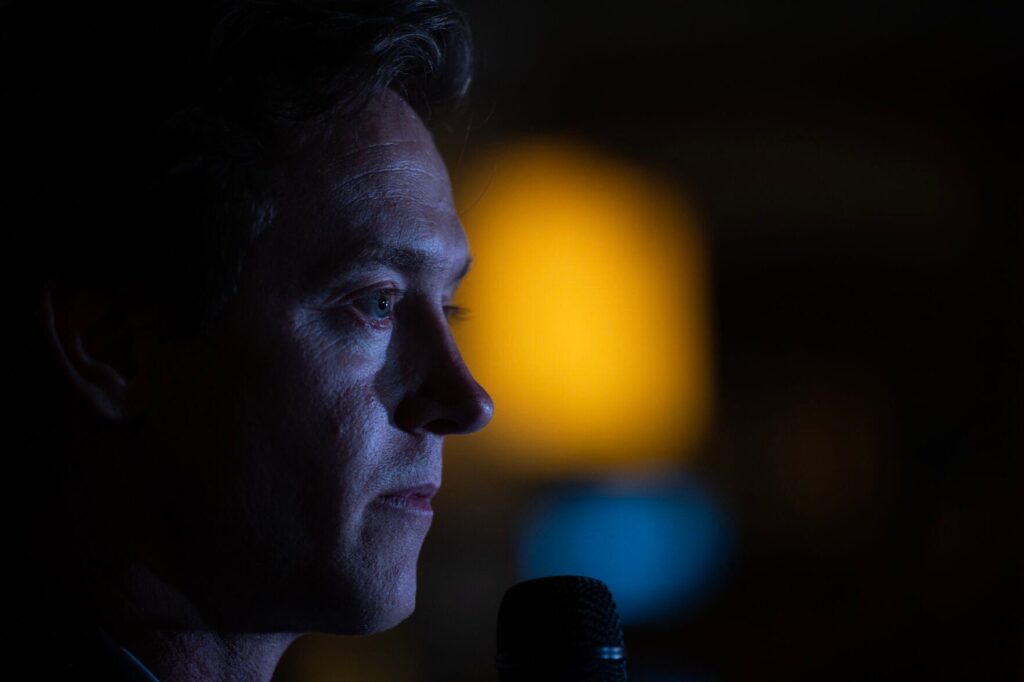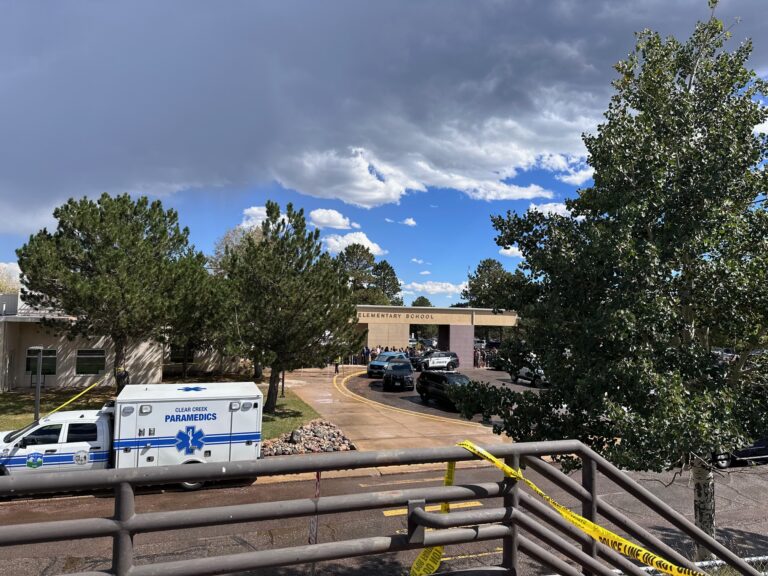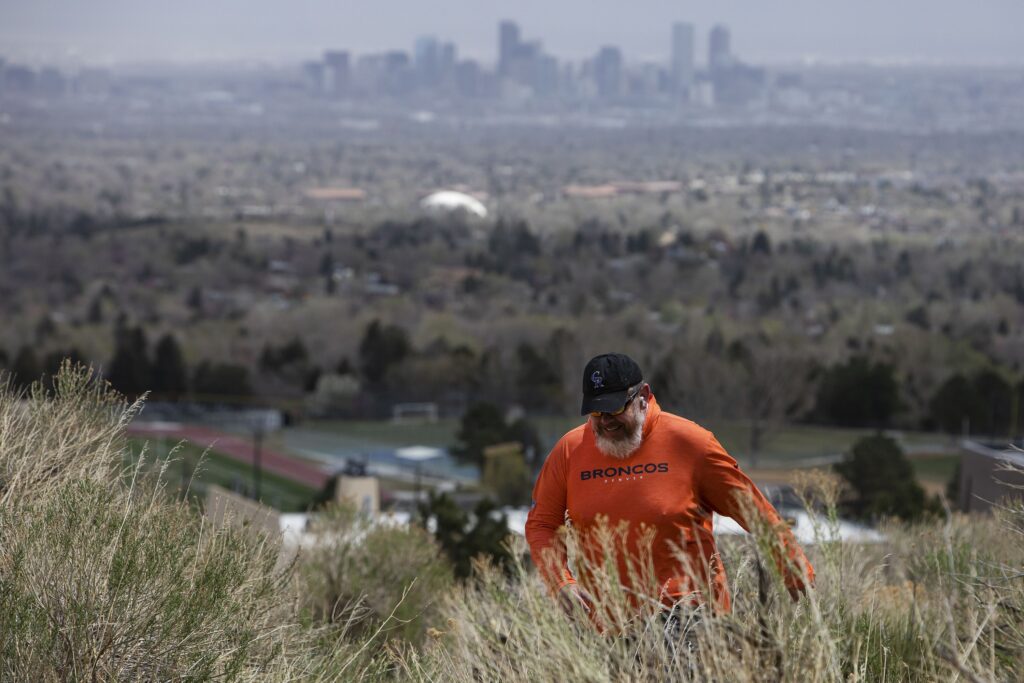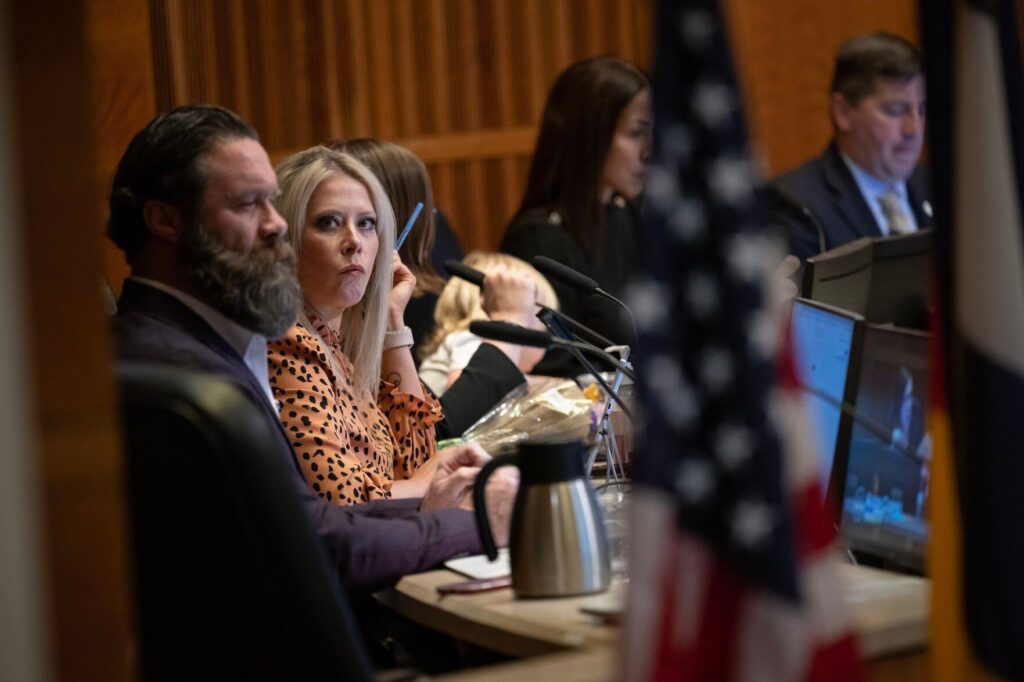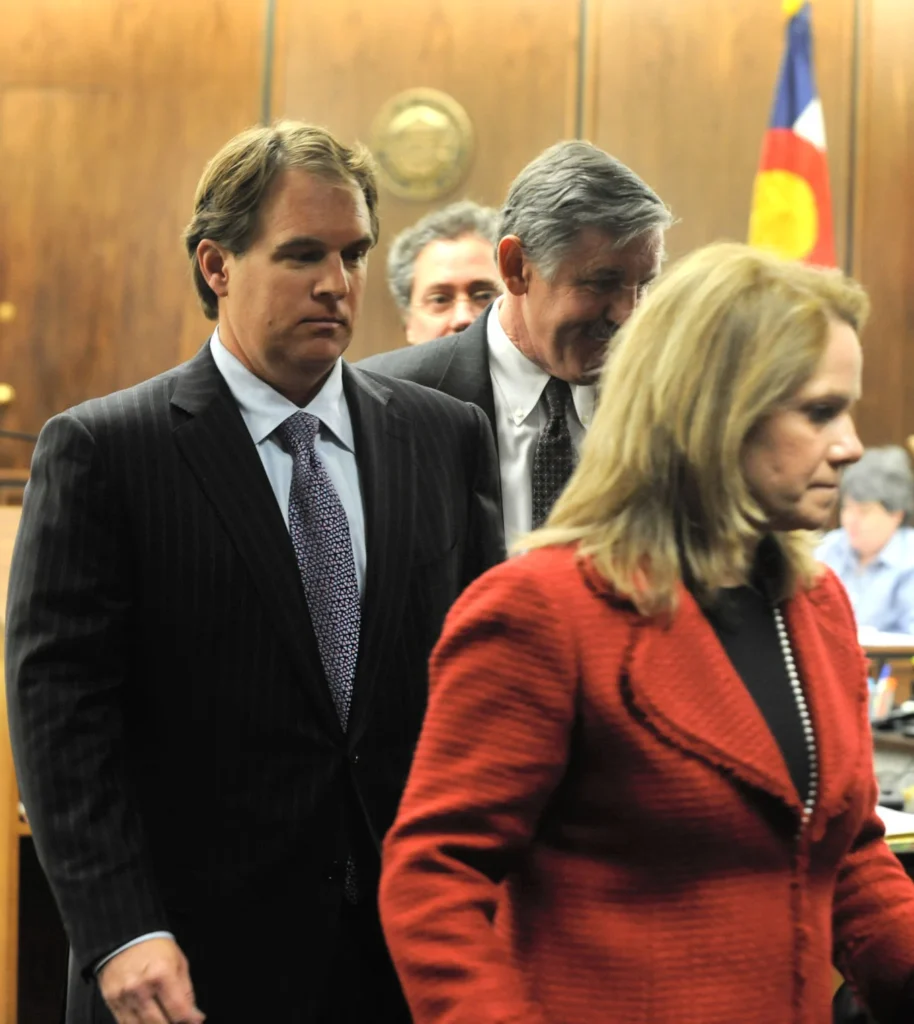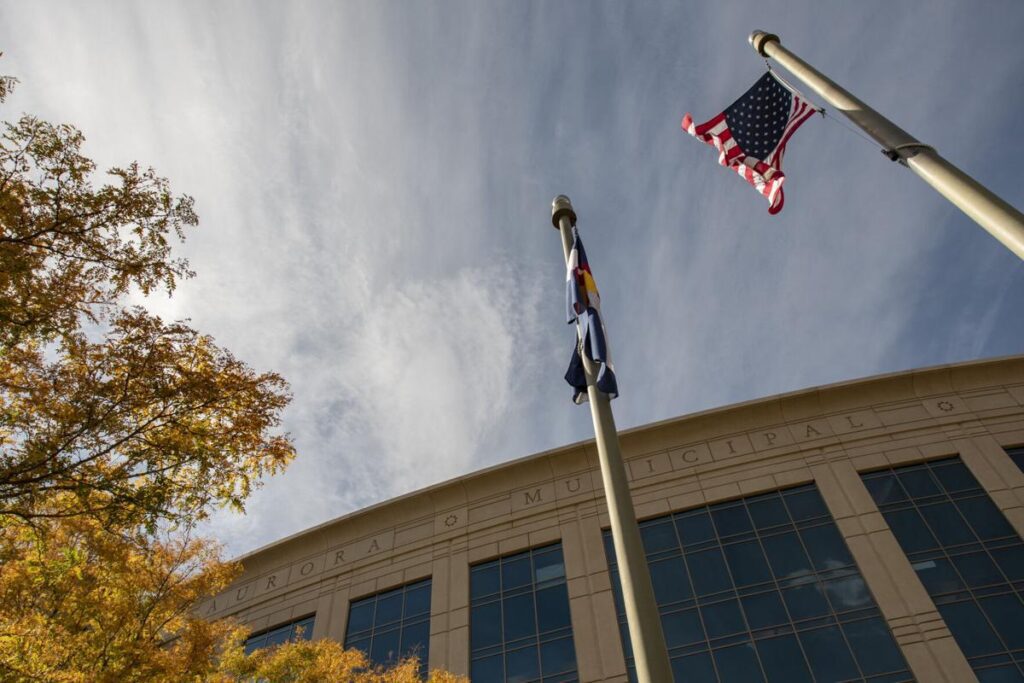Aurora City Council moves forward with new liquor license, drug regulations
The Aurora City Council moved forward Monday with several new ordinances that, if passed at a future regular council meeting, will add a new type of cabaret license and further regulate the sale of certain drug paraphernalia in the city.
The new ordinances, which include an ordinance adding a new type of cabaret license for standing room-only businesses, an ordinance banning the sale of certain drug paraphernalia and an ordinance creating a six-month moratorium on new vape and smoke shops, came before the council in an effort by the city to address past incidents of violence and drug use.
The city has required a cabaret license for more than 40 years for liquor-licensed establishments with dance floors, according to council documents.
The new ordinance would establish an “open-floor cabaret license” meant for businesses with a capacity of more than 250 people operating in a standing room-only environment, council documents said. The current license requires businesses to have enough seating for everyone at the establishment.
The license would require businesses to have a fire department-approved crowd control plan and would prohibit the service of glass bottles, bottle buckets and bottle service. It would also require private event centers to hire a liquor-licensed caterer or have an approved alcohol service plan for late night events.
Under current rules, Aurora has seen continuous violence and noise disturbance incidents at private event centers without liquor licenses, council documents said. Last year, four shootings, including a homicide, happened at event centers due to “poor oversight and lack of event monitoring,” council documents said.
In 2021, a mass shooting happened at an Aurora event center that resulted in five people shot and a fatality. The same year, another shooting happened at an event center on East Colfax, according to Trevor Vaughn, the city’s licensing manager.
There are 12 event centers in Aurora expected to be subject to the new license requirement, and six of those centers have hosted events that should have required a liquor license but did not have one, Vaughn added.
Vaughn mentioned an incident in which an event space was rented out for what the renters called a “birthday party.” It ended up being a concert with security and door charges. A shooting happened at the event, which didn’t have any security footage, he said.
Councilmember Danielle Jurinsky, who sponsored the ordinance, said it puts some responsibility on event center owners, who previously could hand a key to a space renter and not be held accountable for things that happen during that event.
Also Monday, councilmembers an ordinance that, if passed at a future regular meeting, would ban various nonscheduled psychoactive substances and drug paraphernalia that has been found in vape, liquor and convenience stores throughout the city, Vaughn said.
These include oil burners that are used to smoke methamphetamine and other paraphernalia used for illegal drug use. It also includes certain mushrooms that are psychoactive but do not contain psilocybin and canisters of nitrous oxide.
Councilmember Alison Coombs asked for her fellow councilmembers’ support, saying that for drugs that are legal, there is a lot of oversight and regulation, but that it’s the council’s responsibility to crack down on unregulated products.
“When there are these unregulated products, it’s dangerous, you don’t know what’s in them, the people who are consuming them don’t know what’s in them, and so I think it’s our responsibility to address those issues,” Coombs said.
Coombs sponsored another ordinance that passed Monday, creating a six-month moratorium on vape and smoke shops within Aurora.
The idea behind Coombs’ ordinance is that the six-month period will allow officials to study the community impacts of the outlets and explore possible additional regulations and licensing requirements.
Vaughn said there are about 57 such stores in the city.
The ordinance would only apply to new applications, not to any businesses who are already in the application process. It would not close any current businesses or any in the process of opening, Vaughn said.
More information on the ordinances can be found in Aurora’s recent city council agenda document.
Colorado Politics Must-Reads:


